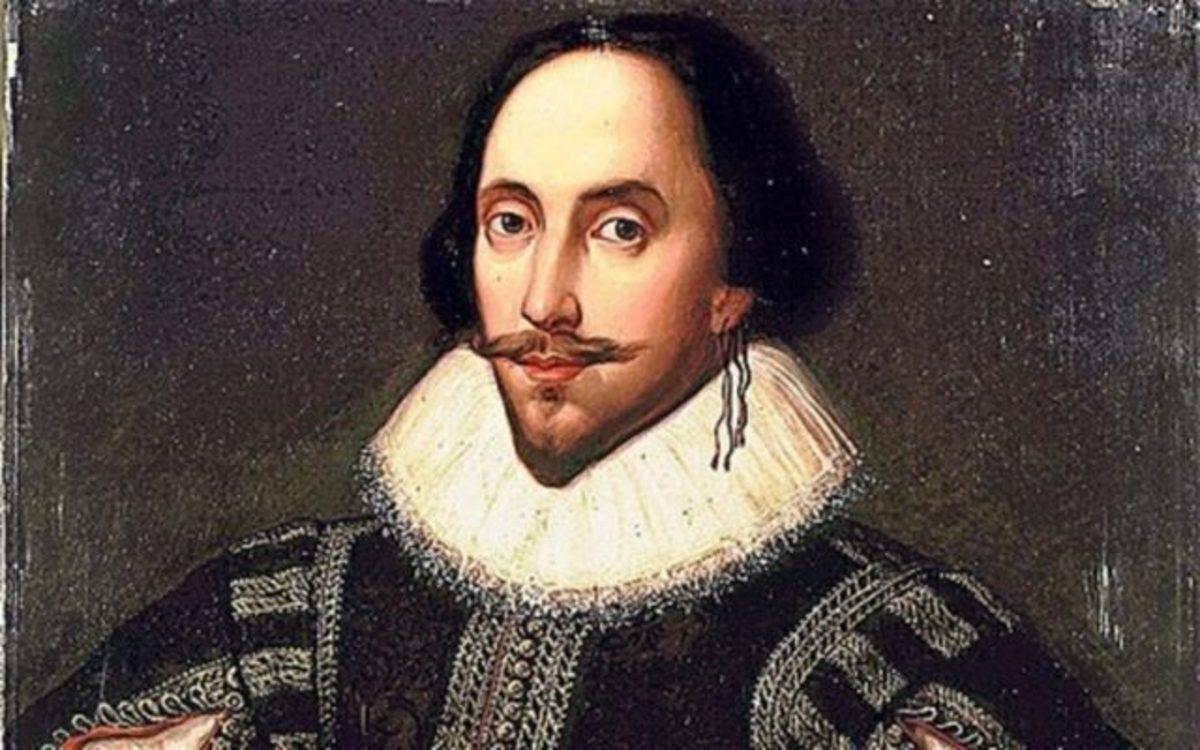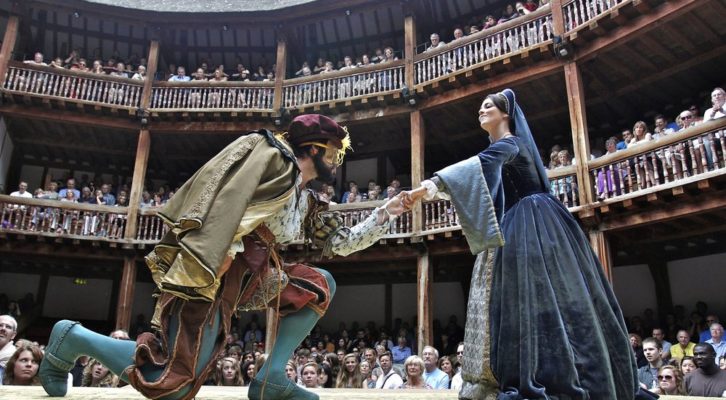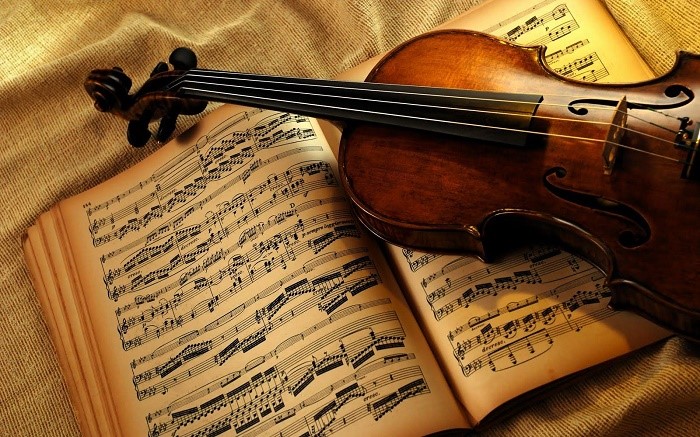If Music Be the Food of Love, Play On
There are hundreds of musical works that are associated in one way or another with Shakespeare’s dramaturgy and the great playwright himself, who dealt with topics that are still relevant today, including identity, ethnicity and race, as well as issues related to power, such as the monarchy and the state. Shakespeare’s influence on music was evident as soon as his first plays were staged in London, so from the seventeenth century until the present day, we find examples in all musical genres that are connected to his dramas and texts. It is interesting that in school we are taught that Shakespeare was the author of the sensual love story between Romeo and Juliet, but in reality William was much, much more.

Shakespeare gave a great deal to composers and artists, but in a sense they all repaid him with uniquely creative works. In the seventeenth century, Henry Purcell composed his Fairy Queen, an interpretation of A Midsummer Night’s Dream that comes to life through dance, music, arias and recitative. Then there are Verdi’s masterpieces, Macbeth and Otello, which are spectacular in their own right and are considered critical interpretations of the two tragedies, but through a different medium: music, dance and arias. In the twentieth century, various works appear that are more intimate, perhaps more avant-garde, and at this point it is clear how all of the interpretations are intertwined and coordinated. You could call them the “musical Shakespeare”: they are in constant dialogue with each other, but at the same time with Shakespeare’s dramatic works. Thus art becomes one in its entirety.
Shakespeare gave us one of the most famous quotes about music. In A Midsummer Night’s Dream, Orsino utters the words that millions of us are now familiar with: “If music be the food of love, play on.” Shakespeare’s plays are awash with music. His characters are associated with music and the action on stage is often accompanied by singers and dancers. Not least, the Bard’s words themselves are full of melody. It is therefore not surprising that composers through the centuries have been inspired by Shakespeare’s plays. Tragedies, comedies and historical works have found their way into various repertoires, presented in every possible way.

“The man that hath no music in himself / Nor is not moved with concord of sweet sounds / Is fit for treasons, stratagems, and spoils / The motions of his spirit are dull as night / And his affections dark as Erebus / Let no such men be trusted.” This is a quote from The Merchant of Venice by William Shakespeare, who was well aware of the power of music. Often listening to music is the only escape offered to us.
Shakespeare knew that when listening to music, we find ourselves in a fantastic world and our mind completely unconsciously visualises distant images, situations and faces of the past, which are always present in us. As an inner force, music frees us from loneliness and opens the door through which the soul enters the world.
